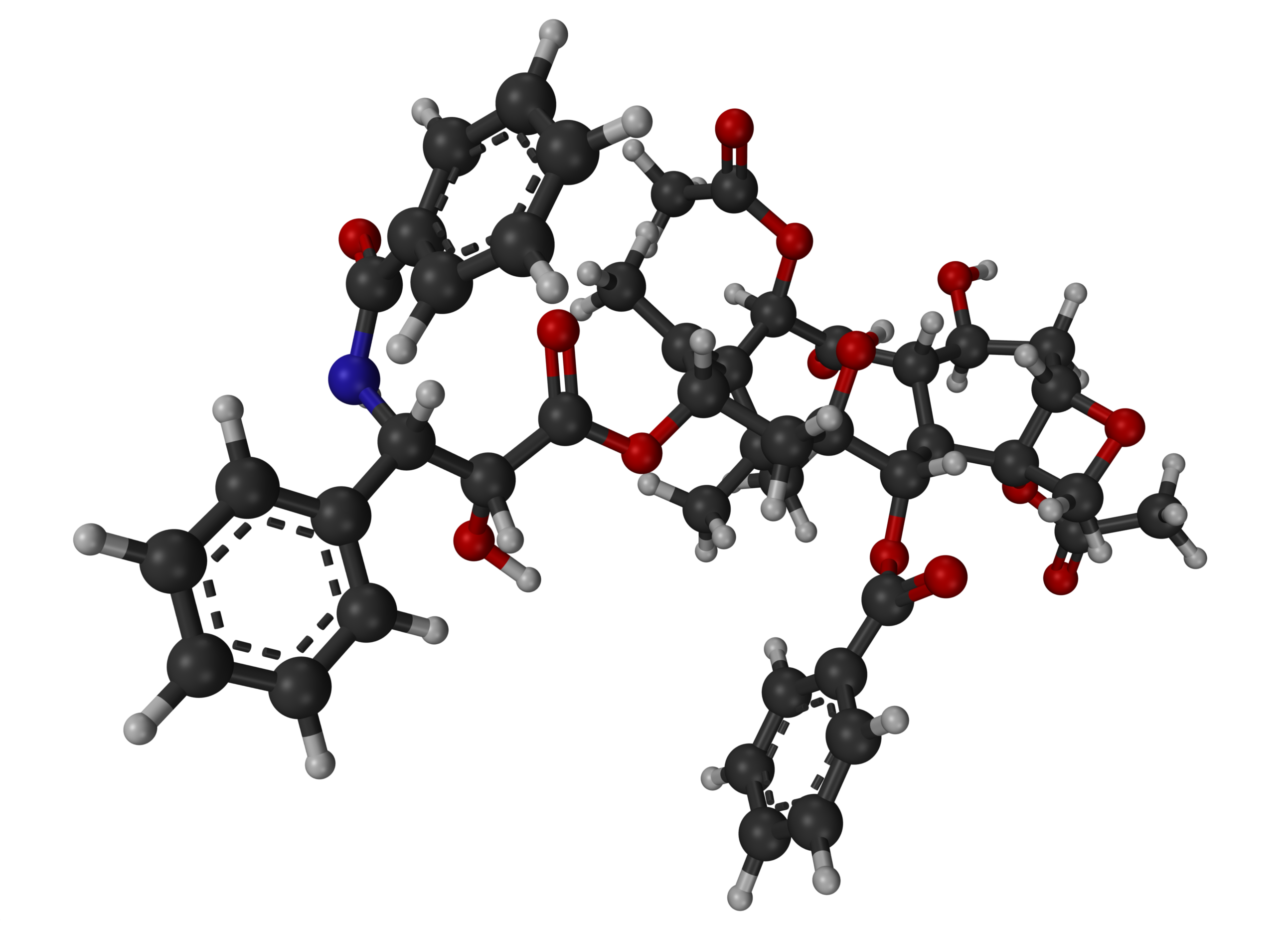
Background
Paclitaxel and docetaxel have been extensively used in clinic for treatment of various cancers. However, their lack of tumor-specificity frequently results in an assortment of undesired side effects and exhibit little efficacy in treating melanoma, pancreatic, gastric, brain and renal cancers. These limitations are, at least in part, due to multi drug resistance (MDR) caused by over expression of ABC cassette efflux pumps and the beta III tubulin isoform.
Technology
Stony Brook University researchers have developed fluorine-containing asion in addition to being a inducer of apoptonext generation taxoid anticancer agents with superior pharmacological properties and improved potency against various classes of tumors, in particular drug resistant cancers and cancer stem cells. The potency of these next generation taxoids was evaluated against various drug sensitive and drug resistant cancer cell lines and patient derived cancer stem cells. The lead compound is a potent inhibitor of epithelial-mesenchymal transition(EMT), migration and invasion in breast cancer cells. Highly potent taxoids are also very important as the warheads of tumor targeting drug conjugates. Further Details - Zheng et al. Int J Oncolocy 2017 Mar; 50(3): 893-902
Advantages
- Novel next-generation taxoids - Superior potency - Block known metabolic pathways of toxoids - Strong EMT & cell migration/invasion inhibitor - Enhanced drug transportation and membrane permeability
Application
Oncology
Inventors
Iwao Ojima, Distinguished Professor, Chemistry
Changwei Wang, Postdoctoral Fellow, Chemistry
Xin Wang, Graduate Research Assistant, Chemistry
Licensing Contact
Sean Boykevisch, Director, Intellectual Property Partners, sean.boykevisch@stonybrook.edu, 6316326952
Patent Status
Patent application submitted
PCT filed covering composition of matter and methods of use.
Tech Id
8742
